Maruti Suzuki India continues to strengthen its sustainability performance as the market leader in the passenger vehicle segment.
Story by: Ashish Bhatia and Deepti Thore
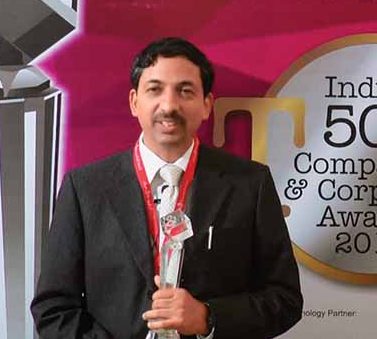
Rahul Bharti, Executive Vice President (Corporate and Government Affairs), Maruti Suzuki India Limited
The market leader in the passenger vehicle segment, in India, Maruti Suzuki India Ltd (MSIL) is no exception when it comes to the quarter (Q1FY2021) dampened by the Covid-19 crisis. Aiming to ramp up production and overcome the shortage of manpower, however, the company can draw solace from a strong core. Invested in an inclusive approach, the company is striving to emerge stronger and fitter. MSIL, according to Ajay Seth, Chief Financial Officer at the company is looking at the pandemic as an opportunity to review systems at partner dealers and vendors. Speaking at an investor conference call, stated Seth, “It will allow us to become more efficient and competitive.” Sticking to its tried and tested approach of reducing the impact of its products and services on the environment through a sustainable approach, the company registered a net sales of Rs.36,775 mn. It recorded a net loss of Rs.2,494 mn in the quarter. Notably, the losses, claimed Seth were partially offset by lower operating expenses.
Kept under check
The company is working hard on keeping fixed costs under check. Explained Seth that the company worked hard to reduce costs and will continue to do so throughout the year. “In a harmonised manner, we have set targets for all the verticals. On the other side, the company is also working on material costs, aiming to rapidly localise the imported components,” he mentioned. It is striving to bring model costs down through model cost reduction programs. “We do recognise and realise the that in a crisis situation we need to be very alert and be very careful about both variable as well as fixed cost,” he added. On the strategy to stock inventory to deal with the eventuality of production bottlenecks, Rahul Bharti, Executive Vice President (Corporate and Government Affairs), Maruti Suzuki India Limited explained that the company is limited, both on the supply and demand front. To counter it, it is leveraging a vendor base spread over 46 districts over nine states. “At any given point, our strategy is to let the vendor keep producing the maximum and keep stocking. If the lockdown hits, the stocks and inventories will help,” he revealed.
Natural capital
In line with its strategy to reduce the impact of its products and services on the environment, MSIL, has banked on the sustainable use of natural resources and responsible waste, wastewater and emissions management practices. For instance, in 2019-20, in the XL6 and S-Presso, the proportion of materials recyclable and recoverable through the International Material Data System (IMDS) was higher compared to a Wagon R in 2018-19. A total of 600 tier 1 supplier plants implemented ISO 14001 environment management systems compared to 565 in the same use case scenario. The company saved 1,248 million litres of water through dry-wash systems at the service workshops up from 656 million litres the previous year. It repeated the feat of recycling 100 per cent steel scrap. The company used 6.3 MWp of solar power in manufacturing vehicles up from 1.3 Mwp the year ago. Using alternative fuel-driven vehicles, the company is claimed to have saved 1.16 million MT CO2.
In the shareholder message, RC Bhargava, Chairman, Maruti Suzuki India Limited, committed to contributing to the improvement of the environment. Assuring a real-time monitoring of existing projects for water conservation, emission control and air quality monitoring on a real-time basis, he shared other measures to reduce the carbon footprint. For instance, the company commissioned a 5 MW solar plant in Gurugram. In addition to a 1.3 MW solar plant in Manesar, the company added a new 20 MW solar project. The project is expected to be completed in the first half of 2021. The company according to the Chairman is in a good position to lead growth especially owing to the strength drawn from Japan – Suzuki Toyota combine for critical areas of technology and development.
Business change
The crisis is expected to change business. States Kenichi Ayukawa, Managing Director and Chief Executive Officer, MSIL that a careful analysis of the changed world and hence the strategy, resources and the structure is needed. Acknowledging the support from Suzuki Motor Corporation (SMC), Ayukawa drew attention to the rich experience of many business cycles, major world events and evolution of the automobile industry across countries. Together with Toyota Tsuho Group, the company has also set up a vehicle dismantling and recycling joint venture with an initial capacity to dismantle 24,000 vehicles per month. A mechanised solid waste management facility has been set up in Manesar for converting organic waste to compost to align with the ‘Swatchh Bharat’ mission. Despite making all-round capital intensive efforts to drive recovery, the company enhanced its ability to endure crisis through prudence. “It is prudent to keep adequate cash reserves for a rainy day. It increases the ability of an organisation to endure crisis without making irreparable sacrifices,” he concluded. ACI
Carport Style Photovoltaic Solar Power Plant
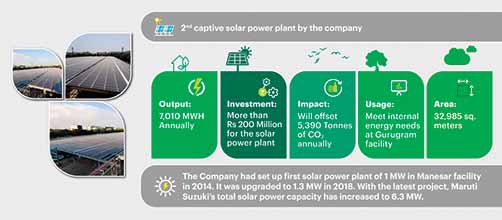 Maruti Suzuki India Limited (MSIL) has commissioned a five-megawatt carport style photovoltaic solar power plant in Gurugram. The new solar power plant will enhance sustainable manufacturing performance of the facility harnessing abundantly available clean resources and implementing them back into the business operation according to Kenichi Ayukawa, Managing Director and CEO, Maruti Suzuki India Ltd. Investing an estimated USD 200 million, MSIL aims to offset 5,390-tonne of CO2 emissions annually over the next 25 years with an annual power output of 7,010 MWh. Gathering experience from its first solar power plant of one megawatt at the Manesar facility in 2014 which (upgraded to 1.3 MW in 2018), the company has increased its total solar power capacity to 6.3 MW with this new project. Spread across 32,985 sq.m, this plant will meet the internal energy needs at the Gurugram facility by synchronising with the captive power plant. The power plant makes use of photovoltaic solar panels, which is a unique feature of this state-of-the-art plant. Also, workable as a roof for the newly constructed car parking area, these panels, while generating clean energy also double up as safety shields against the harsh climatic conditions.
Maruti Suzuki India Limited (MSIL) has commissioned a five-megawatt carport style photovoltaic solar power plant in Gurugram. The new solar power plant will enhance sustainable manufacturing performance of the facility harnessing abundantly available clean resources and implementing them back into the business operation according to Kenichi Ayukawa, Managing Director and CEO, Maruti Suzuki India Ltd. Investing an estimated USD 200 million, MSIL aims to offset 5,390-tonne of CO2 emissions annually over the next 25 years with an annual power output of 7,010 MWh. Gathering experience from its first solar power plant of one megawatt at the Manesar facility in 2014 which (upgraded to 1.3 MW in 2018), the company has increased its total solar power capacity to 6.3 MW with this new project. Spread across 32,985 sq.m, this plant will meet the internal energy needs at the Gurugram facility by synchronising with the captive power plant. The power plant makes use of photovoltaic solar panels, which is a unique feature of this state-of-the-art plant. Also, workable as a roof for the newly constructed car parking area, these panels, while generating clean energy also double up as safety shields against the harsh climatic conditions.


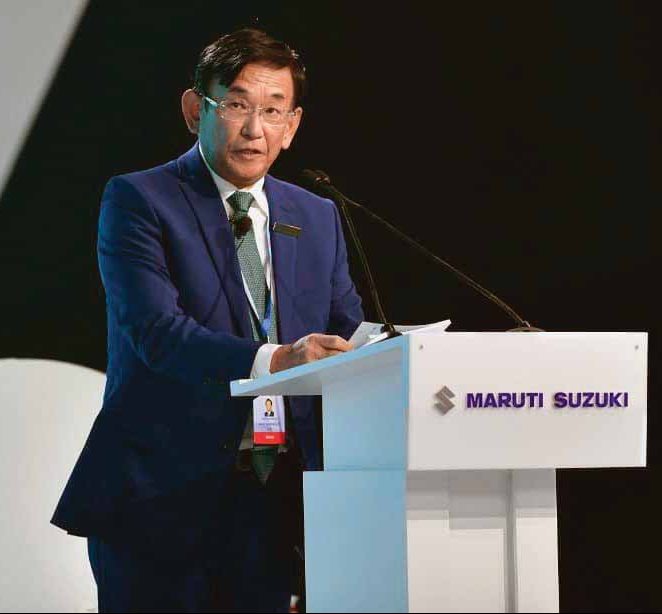
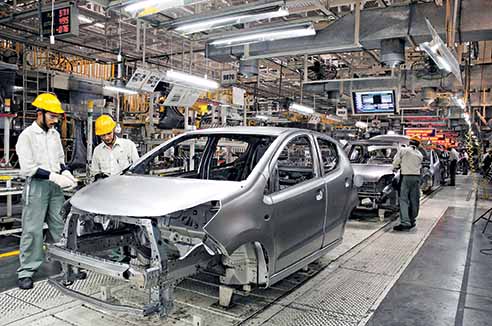
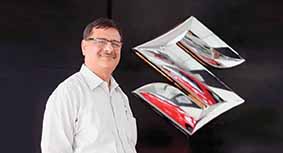
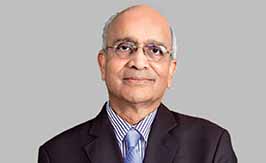
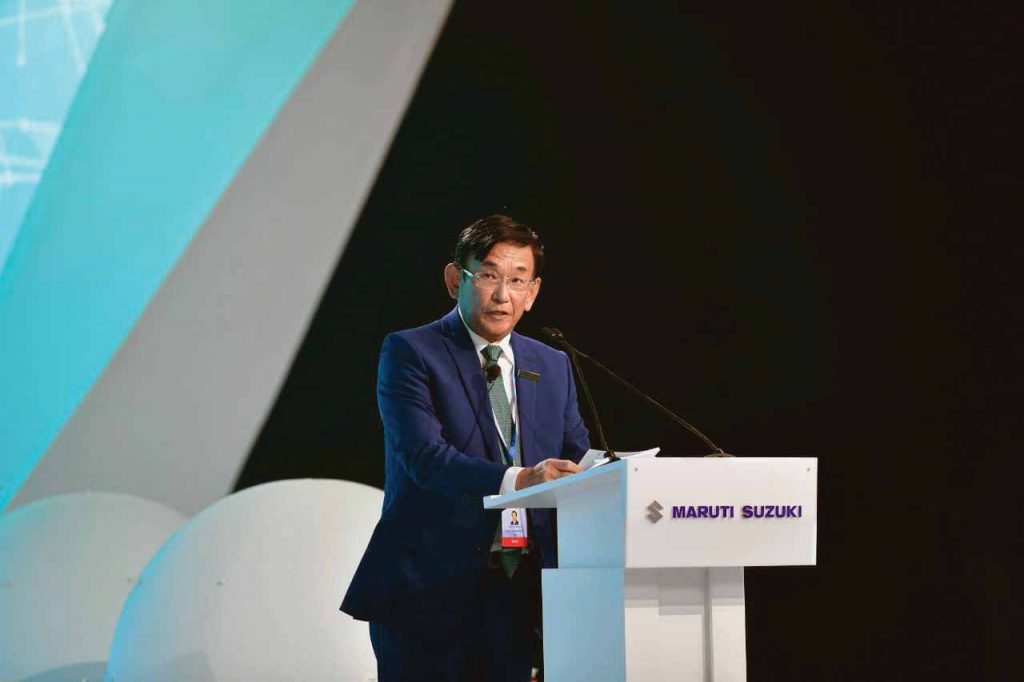

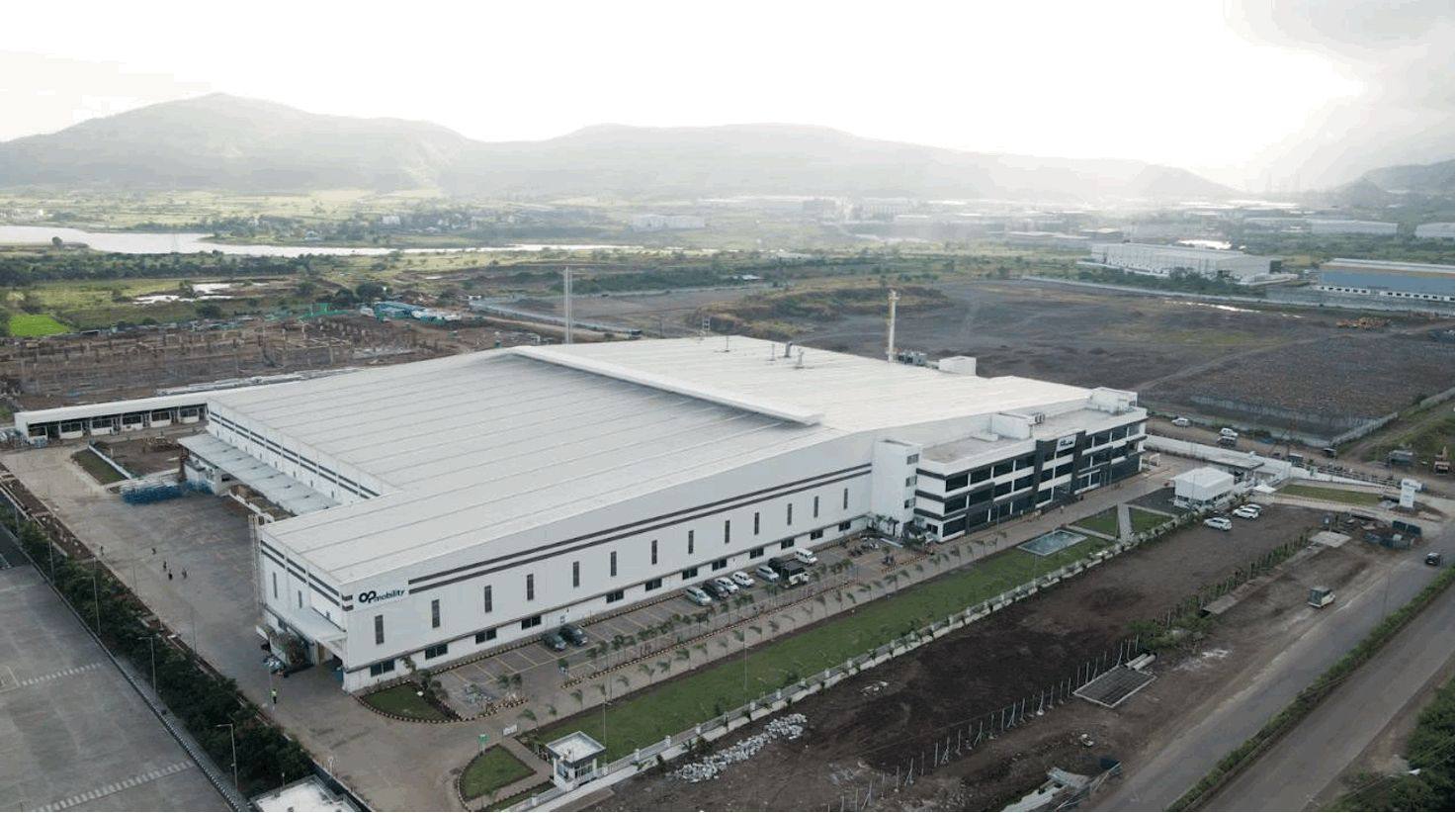
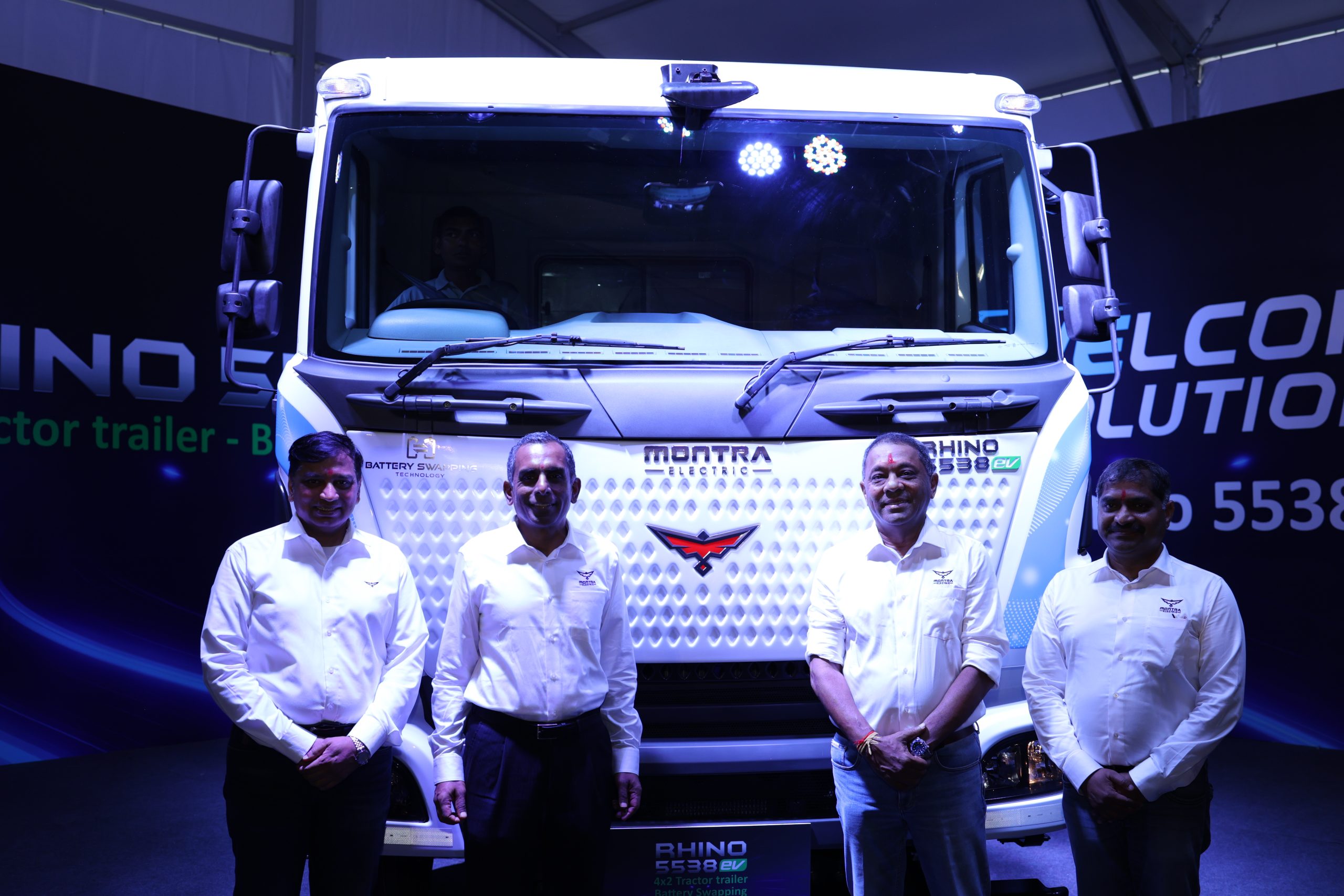
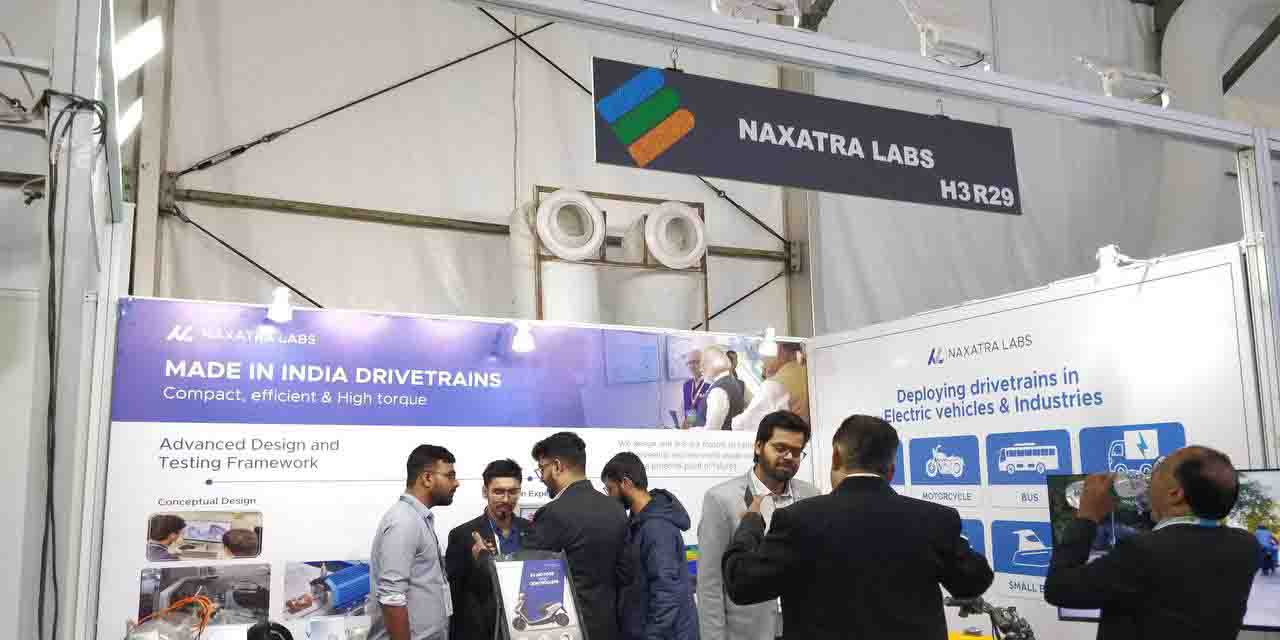
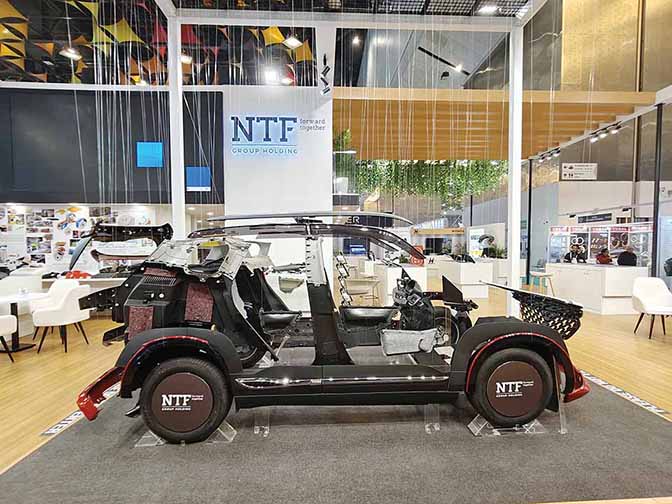
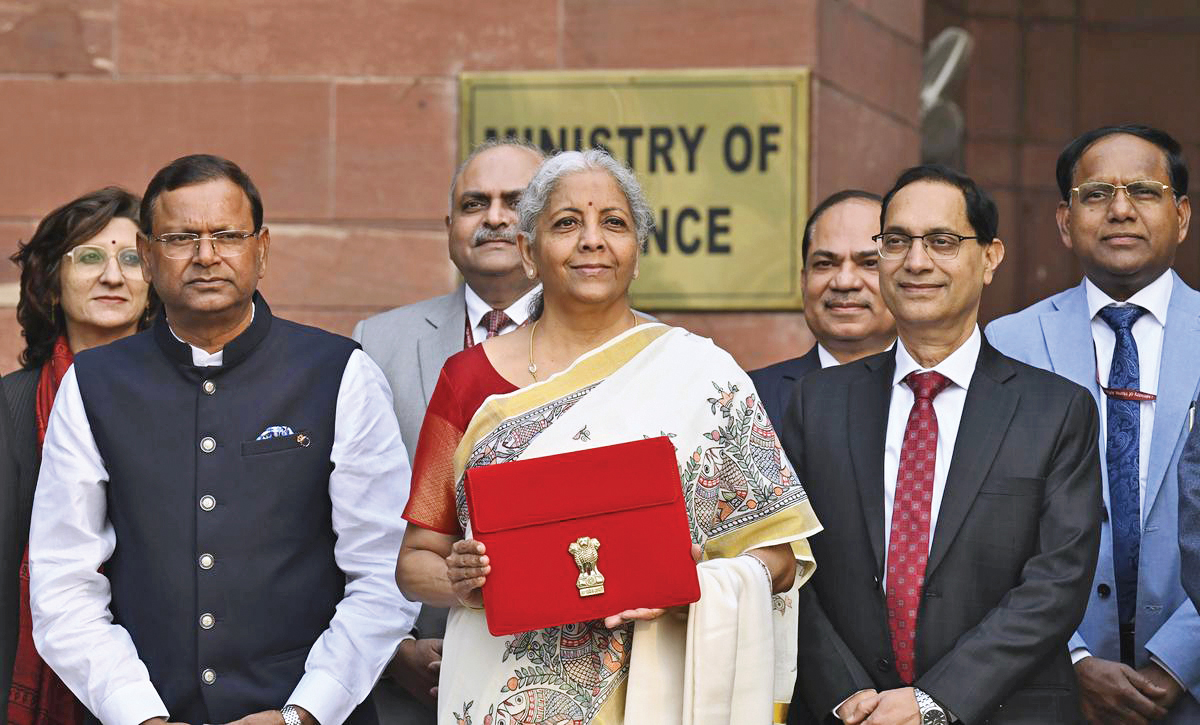
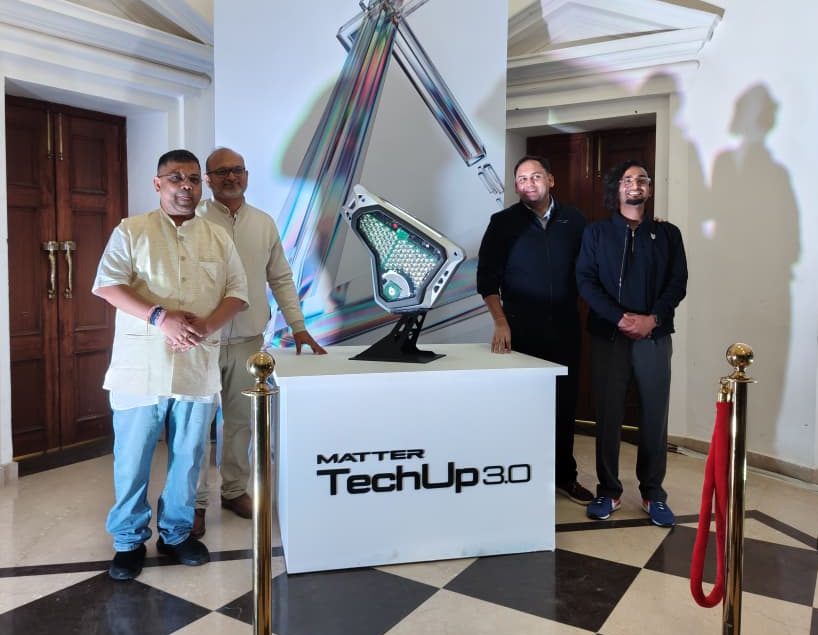
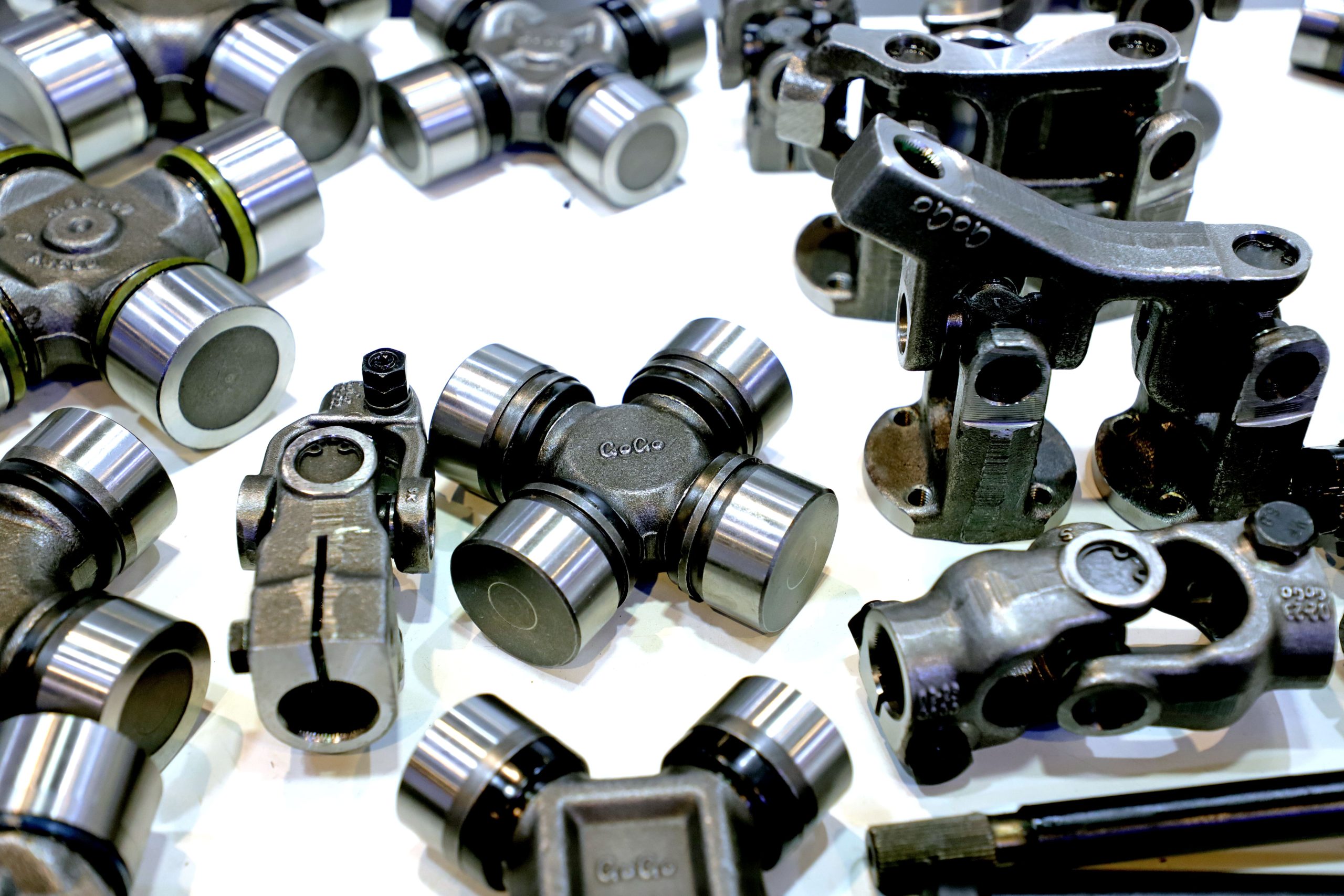
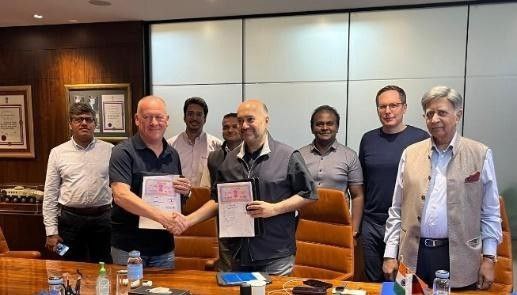
Leave a Reply